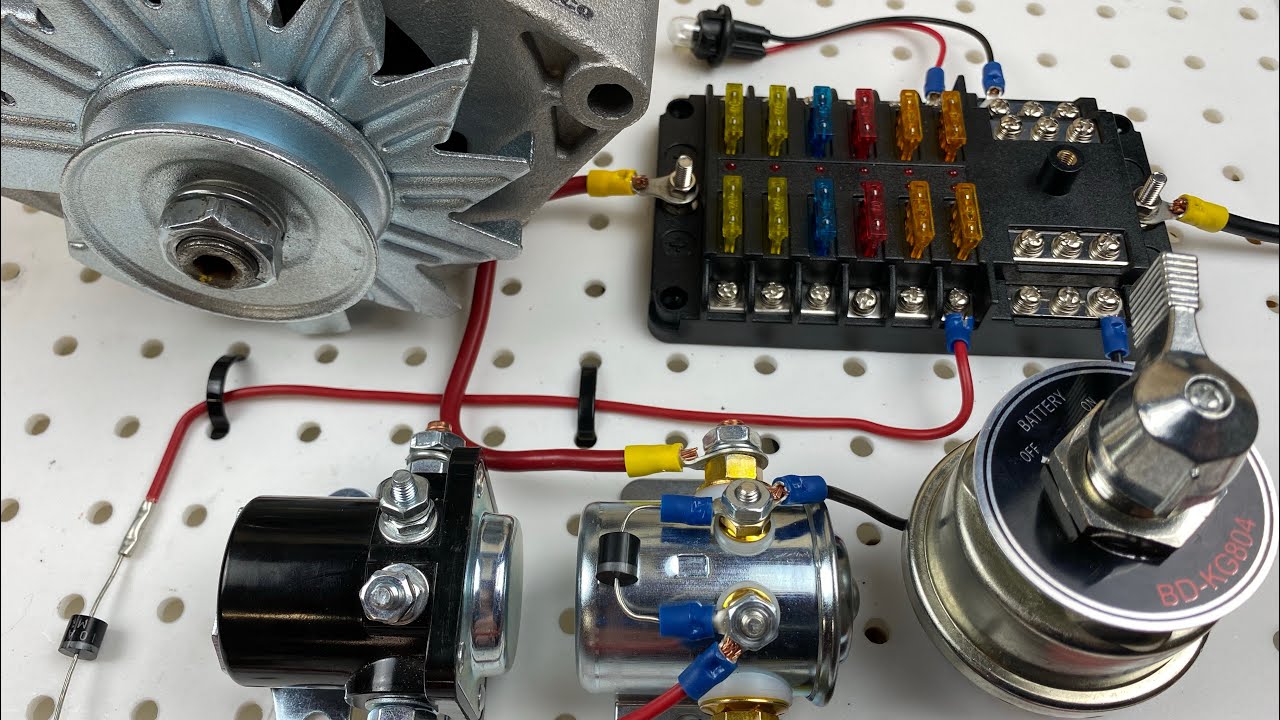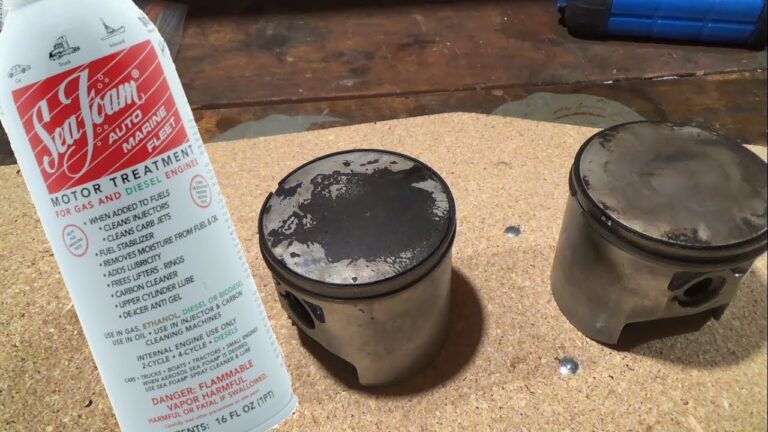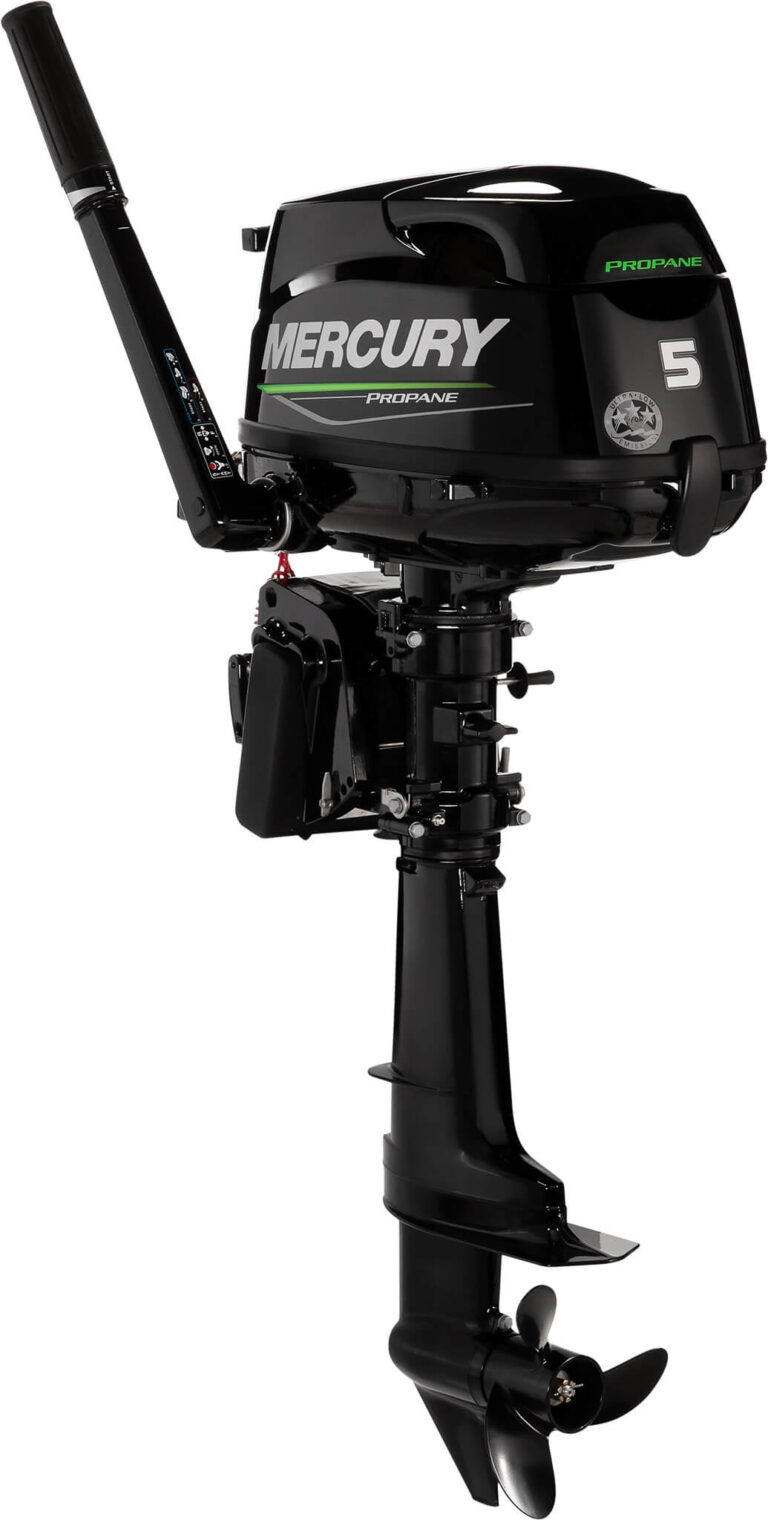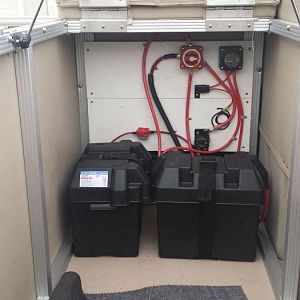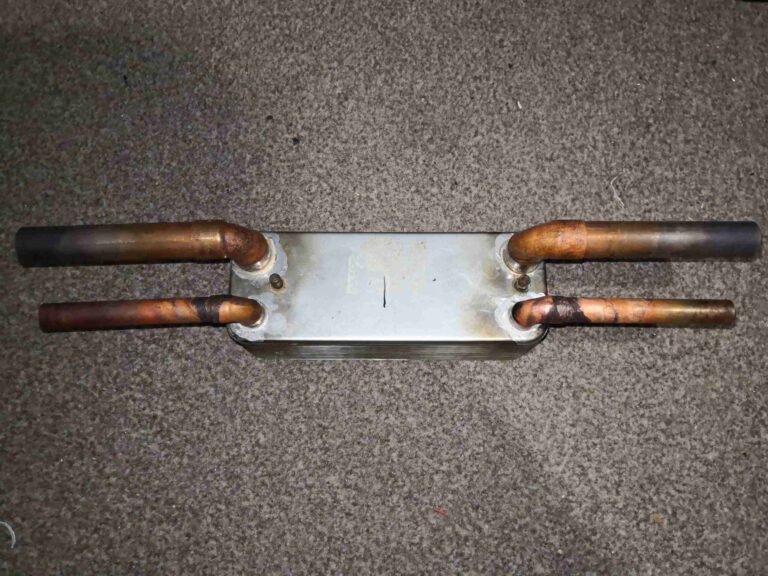Alternator Wire to Starter Or Battery: Mastering the Connection
Both the alternator wire and the battery wire (thru the switch) are connected to the starter terminal, similar to if they were both connected to the hot post of the battery. The alternator wire to the starter is typically lighter and shorter, carrying less current compared to the starter wire.
Understanding the wiring connections in a vehicle is crucial for its efficient functioning. One important connection is between the alternator and the starter or battery. We will explore the relationship between the alternator wire and the starter or battery, and how they work together to power the vehicle.
By better understanding this connection, you can ensure proper functioning of your vehicle’s electrical system and prevent any potential issues. So, let’s dive in and learn about the alternator wire to starter or battery connection!
Understanding The Alternator Wire Connection
Understanding the alternator wire connection is essential for a properly functioning charging system in any vehicle. The alternator wire can connect directly to the starter or battery, but it is important to consider a few factors when making this connection.
When connecting the alternator wire to the starter or battery, it is crucial to ensure that the connection is secure and properly insulated. This will prevent any power loss or potential electrical shorts. Additionally, the alternator wire should be of an appropriate gauge to handle the current flow.
Another consideration is the length of the alternator wire. Since it is typically shorter than the starter wire, it may not need to carry as much current. However, it is still important to use the correct gauge wire to ensure efficient power transfer.
Overall, a proper alternator wire connection is crucial for the overall performance and reliability of a vehicle’s electrical system. Taking the time to understand and make the connection correctly will ensure smooth operation and prevent any potential issues.
The Role Of The Exciter Wire
Explaining the purpose of the exciter wire:
- The exciter wire is responsible for activating the voltage regulator in the alternator.
- By connecting the exciter wire to the L terminal of the alternator, it turns on the voltage regulator, allowing the alternator to generate power.
- Locate the L terminal on the alternator.
- Connect one end of the exciter wire to the L terminal of the alternator.
- Connect the other end of the exciter wire to a 12V power source.
- Ensure that the connection is secure and free from any loose wires.
- Verify that the exciter wire is properly connected by testing the alternator’s functionality.
Connecting The Alternator Wire To The Battery
| Both the alternator wire and the battery wire (thru the switch) are on the starter terminal. This is the same as if the alternator wire and starter wire were both on the hot post of the battery. **Alternator wire to starter can be lighter as it is shorter and likely does not carry as much current as the starter wire.** The exciter wire is connected to the L terminal of an alternator and is used to turn on the voltage regulator. **Excitor wire is needed to generate the voltage required for the alternator to start running.** Choosing the right gauge wire for the connection is important to ensure the proper amount of current and voltage is flowing between the alternator and the battery. **This ensures efficient charging and prevents any potential damage to the electrical system.** |
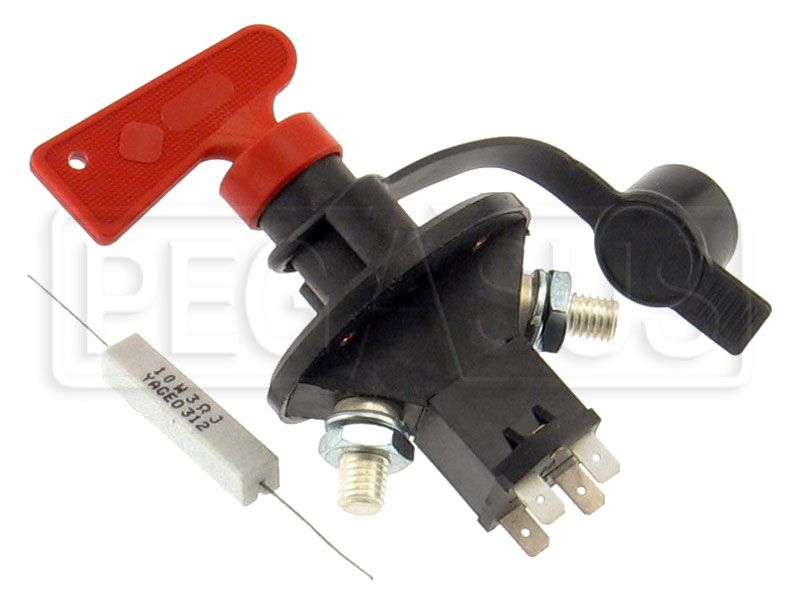
Credit: www.pegasusautoracing.com
Frequently Asked Questions On Alternator Wire To Starter Or Battery
Does The Alternator Wire Go To The Starter?
No, the alternator wire does not go directly to the starter. Both the alternator wire and the battery wire are connected to the starter terminal. The alternator wire may be lighter and shorter than the starter wire, as it carries less current.
Does The Alternator Wire Directly To Battery?
Yes, the alternator wire does directly connect to the battery. Both the alternator wire and the battery wire are connected to the starter terminal, similar to being connected to the hot post of the battery. The alternator wire to the starter is shorter and carries less current than the starter wire.
What Wire Connects The Alternator To The Battery?
The wire that connects the alternator to the battery is called the alternator wire. It is responsible for transferring the electrical charge generated by the alternator to the battery for storage and use in the vehicle’s electrical system.
What Wire Connects The Battery To The Starter?
The wire that connects the battery to the starter is the starter wire. Both the alternator wire and the battery wire are on the starter terminal. The alternator wire to the starter is shorter and carries less current than the starter wire.
Conclusion
Both the alternator wire and the battery wire are connected to the starter terminal. This means that the alternator wire can be lighter and shorter since it doesn’t carry as much current as the starter wire. The exciter wire is also important for generating the required voltage for the alternator to start running.
Overall, understanding the wiring system between the alternator, starter, and battery is crucial for maintaining a properly functioning charging system.

